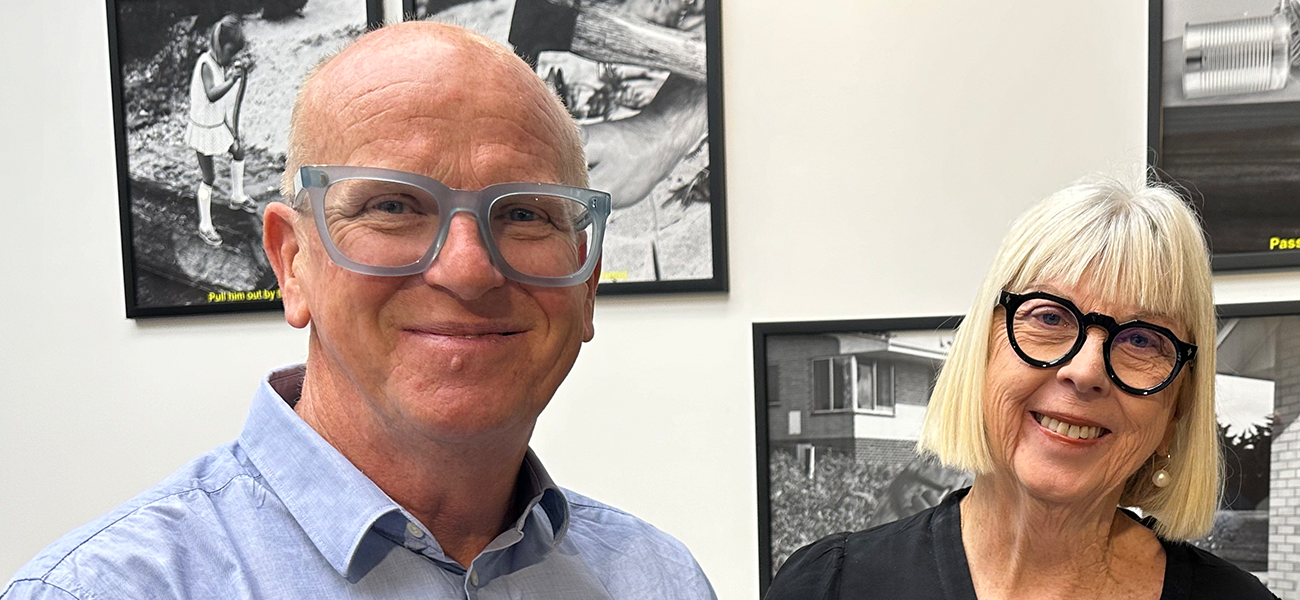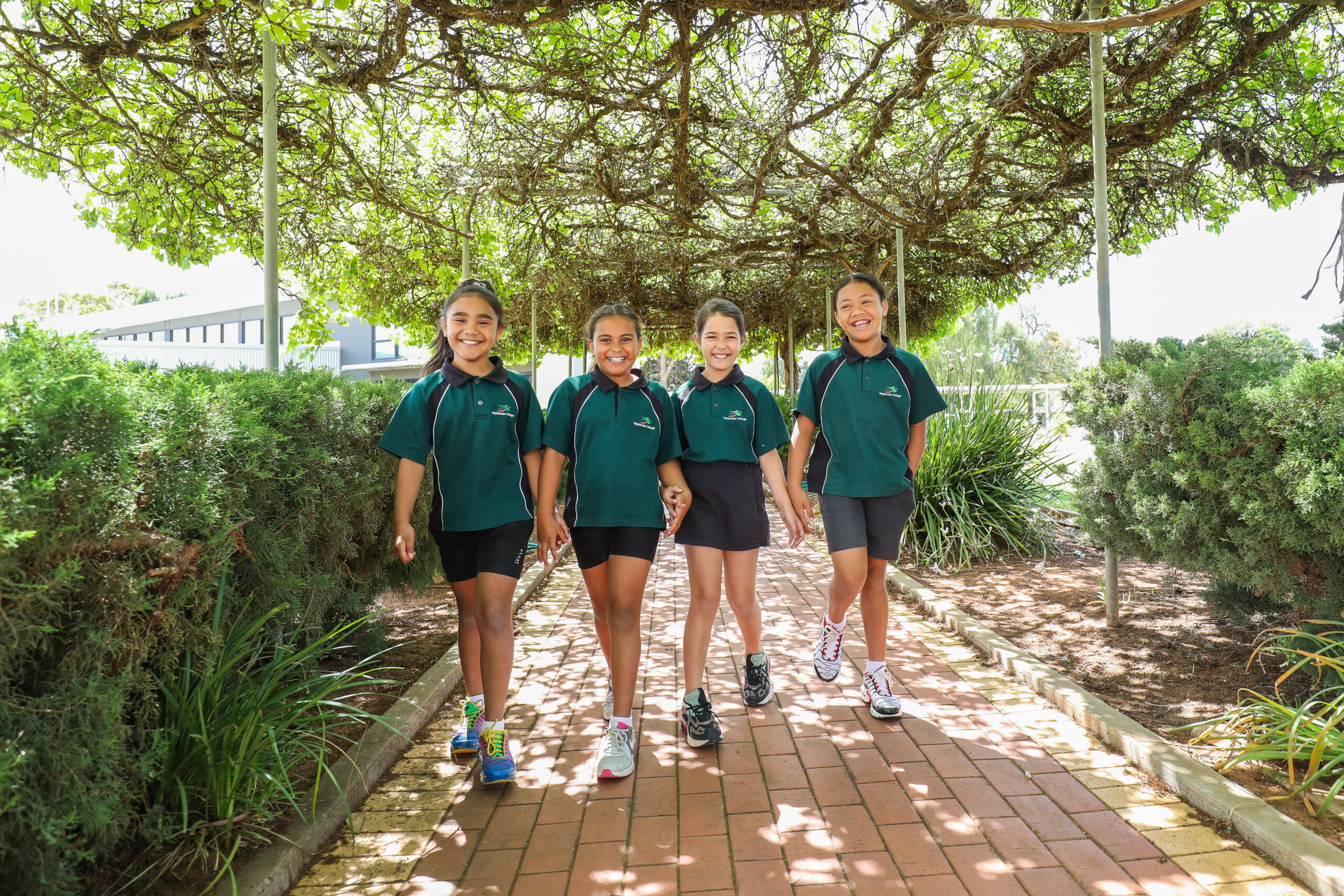The Building Futures team approached organisations who were keen to share their experiences and to interrogate and contribute to the development of the measurement framework. Twenty-two individuals from fifteen diverse organisations came together, including representatives from not-for-profits such as The Aspiration Initiative, Helping Young People Achieve (HYPA), Beyond Empathy and The Song Room, to name a few. They participated in a lively debate around how their learning programs are measured and represented.
Many alternative learning organisations are at the whim of funding trends to keep operating. They instinctively know what enables young people to stay connected to learning, but have few resources to develop an effective evidence base to prove it. They also find that traditional measurements don’t effectively capture the real work they are doing.
Since 2012, Professor Johanna Wyn, Director of the Youth Research Centre at the University of Melbourne has been working with Associate Professor Gavan McCarthy and a range of not for profits, researchers and philanthropy foundations under the umbrella of ‘Building Futures.’
They are creating a framework that enables practitioners to tap into a shared, robust and sector-relevant measurement framework that will strengthen their activities, assist them in exercising quality assurance in their work and enable them to speak with greater authority to funding bodies.
Rather than focus on individual outputs such as school attendance, this framework prioritises relationships and the quality of the learning environment.
Johanna found that there were diverse responses to this focus. Some organisations were unsure that concentrating on relationships would work. However the majority recognised this approach was a good fit and were interested in collaborating further.
Importantly, Johanna noticed there was an overall sense of relief. Organisations were being listened to instead of shoehorned into preconceived measurement categories.
“It’s inspiring to witness these organisation’s dedication to keeping young people connected to learning,” says Johanna. “The organisations have the answers, but are seldom asked the questions that really matter.”
For Sharyn Goudie from Helping Young People Achieve (HYPA), the focus on Connection, Control and Meaning made sense. “It highlights the fact that many outcomes don’t just ‘happen’ and positive outcomes are a result of building young people’s relationships, trust and sense of safety,” says Sharyn. “There is a real need to move beyond evaluation forms and be more creative in how we collect information. This also provides us with a fantastic opportunity to engage young people in providing meaningful feedback as to how our services are or aren’t meeting their needs.”
Since 1958, HYPA has helped young South Australians access safe accommodation, reconnect with family, school, employment and the community and ultimately to help them harness their talent to create a positive future.
As HYPA’s Evaluation Advisor, Sharyn co-ordinates HYPA’s evaluation projects and develops improved data collection management and analysis systems.
“HYPA has increased its focus on developing systems and tools to collect information on both hard and soft outcomes,” says Sharyn. “Most of all we want to hear the young person’s story and how that story assists in explaining why certain interventions and supports work better or worse over time.”
Sharyn found that there was a strong commitment in the room to finding a system that would benefit both the services and the young people who access them. There was also much debate around how to create a model that didn’t distract from their day-to-day work with young people.
For Sharyn, the overall feeling she took away from the forum was ‘opportunity.’ “The day allowed me to meet with many different organisations and see how good evaluation systems can be achieved at a small scale,” says Sharyn. “It also provided me with confidence that as a sector, we have common goals and visions for incorporating evaluation into our everyday work.”
Johanna agreed, “Although their programs are diverse, these organisations share an understanding that we need to know about more than school attendance and academic grades if we are to meet young peoples’ needs.”
Hearing from organisations who work with a broad range of young people and embrace diverse learning approaches including creative arts, fashion and science gave the team the essential information required to interrogate the measurement framework and move forward towards the next stage of its development. The main challenge for Johanna and her team, now will be pulling together common ways of measuring the framework from the participating organisations. This will enable them to show how different measurement tools can be used to produce common evidence about the programs and ultimately lead to the launch of the ‘proof of concept’ website later this year.



